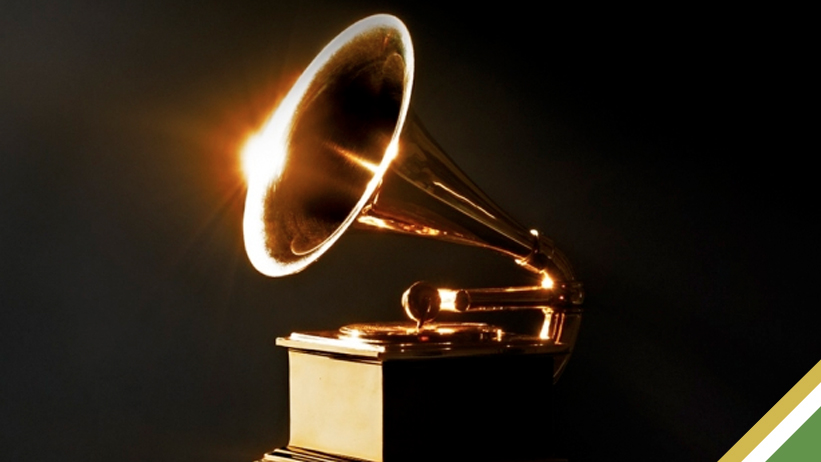The Recording Academy, which oversees the Grammy Awards, has introduced new rules to address the use of artificial intelligence (AI) in music.
According to the new “Artificial Intelligence (AI) Protocols,” only compositions with human authorship will be eligible to win Grammy awards. While elements of AI are permissible, a significant contribution by a human creator to the music and/or lyrics is required. This decision comes in response to the growing presence of AI in the music industry, with concerns and excitement about its impact.
Furthermore, the Recording Academy has implemented changes in other categories. To be nominated for the album of the year category, music creators now need to account for at least 20% of the work, including artists, songwriters, producers, engineers, mixers, and mastering engineers. This modification deviates from the previous rule, which allowed any individual involved in the album’s production to receive a nomination. Additionally, the number of nominees in the “Big Four” categories (best new artist, album, song, and record of the year) has been reduced from 10 to eight.
Moreover, the Recording Academy has adjusted the requirements for the “best music film” category. The previous mandate stipulating that 50% of the documentary footage must be performance-based has been eliminated to better align with the evolving music doc format, which often incorporates verité and archival footage. Biopics and dramatic feature films remain ineligible. The Academy has also expanded the eligibility criteria for visual albums and renamed certain categories, such as changing “best improvised jazz solo” to “best jazz performance” and “best regional Mexican music album” to “best música Mexicana album.”
In addition to these changes, the Recording Academy has introduced three new categories: best pop dance recording, best African music performance, and best alternative jazz album. These additions reflect the Academy’s efforts to recognize and embrace emerging trends and diverse musical genres.













